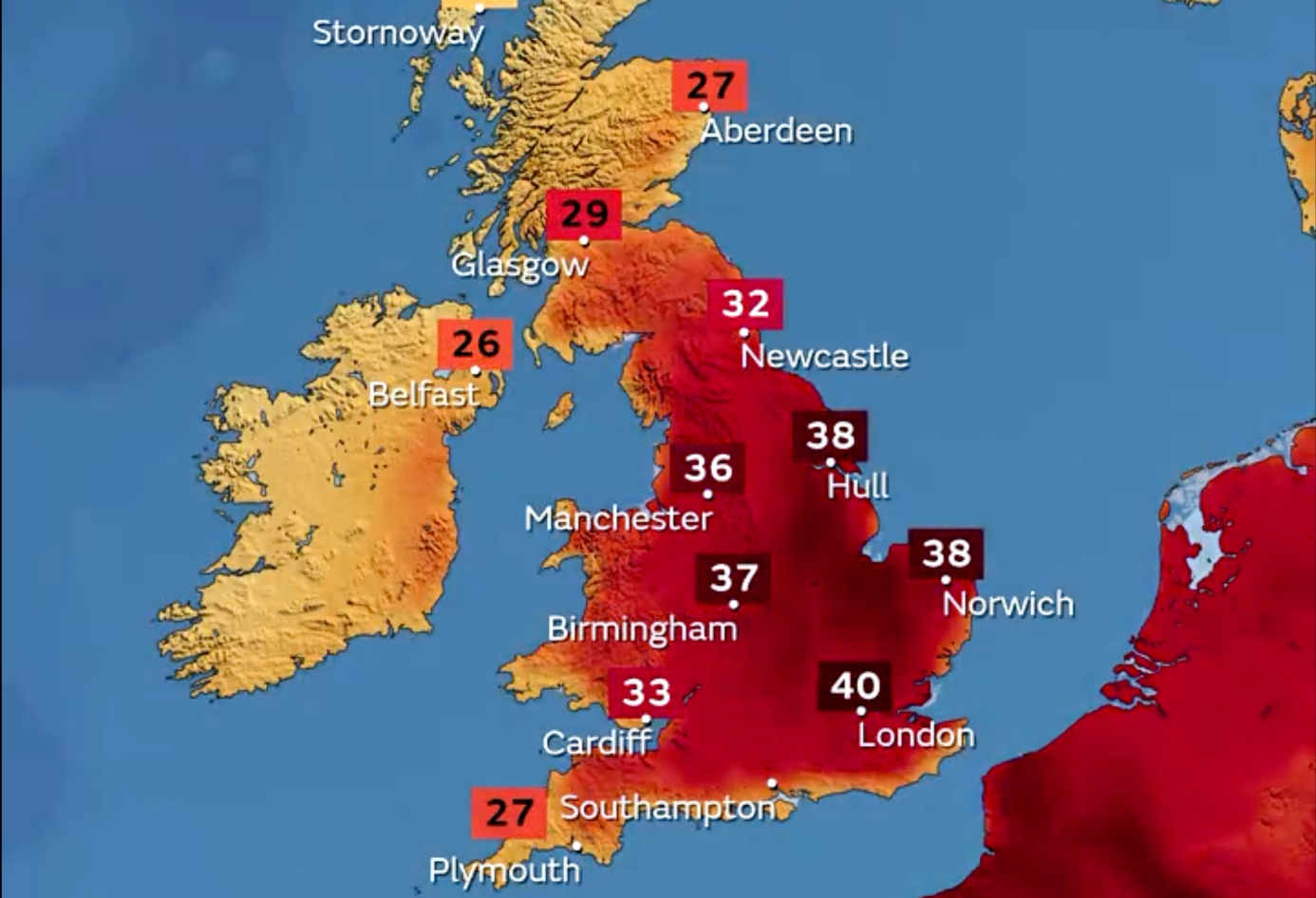
EU adopts new rules to significantly cut packaging waste with re-use targets
The European Union has formally adopted a regulation on packaging and packaging waste. The new ...

Bringing trees and green spaces into cities is a win-win solution. Not only do trees provide shade that reduces the costs of air-conditioning, but they also cool the surrounding air by releasing water through their leaves – similar to how humans keep cool by sweating, according to the United Nations Environment Program (UNEP).
As the planet warms, the world’s demand for air-conditioning will surge, producing yet more carbon emissions in a vicious spiral.
In fact, experts claim that trees contribute up to $500 million to the economies of ‘megacities’ because of benefits arising from cooling and filtering air pollution.
According to Intergovernmental Panel on Climate Change (IPCC), temperatures will rise more quickly in European areas than elsewhere. In the Mediterranean, a worrisome combination of climatic impact-driver changes (warming; temperature extremes; increase in droughts and aridity; precipitation decrease; wildifire increase; mean and extreme sea levels; snow cover decrease; and wind speed decrease) is expected by mid-century if global warming exceeds 2°C.
The IPCC Special Report on Extremes also shows that heatwaves will be more frequent, longer and more intense in the 21st century. Early warning systems and reinforced health systems will be needed.
We have broken an all-time high in the UK”, said Petteri Taalas, World Metrological Organization (WMO) Secretary-General. “Heatwaves will happen more frequently because of climate change. The connection has been clearly demonstrated by IPCC”.
“The heatwave will continue at least until the middle of next week with continued high temperatures in much of Western Europe”, said Bob Stefanski, chief of Applied Climate Services at WMO. “This is alarming with over 40 days to go in the meteorological summer.”
The hottest temperature ever recorded in Europe was 48°C (Greece, 1977). A suspected new record may have occurred in 2021 (48.8°C in Sicily) and is being reviewed by WMO.
“When a heatwave goes along with high levels of pollution it exacerbates respiratory, cardiovascular diseases and conditions especially in large urban spaces that are not adapted to cope with these high temperatures,” said Maria Neira, Director of Environment and Health at WHO.
“We have been alerting for a long time that climate change is severely affecting human health and therefore taking measures to reach the zero carbon and accelerating the transition to clean renewable sources of energy will be extremely important.”
The European Union has formally adopted a regulation on packaging and packaging waste. The new ...
Inaugurating the Abydos Solar Power Plant in the Upper Egypt governorate of Aswan represents a ...
Businesses that fail to adapt to climate risks like extreme heat could lose up to ...


اترك تعليقا